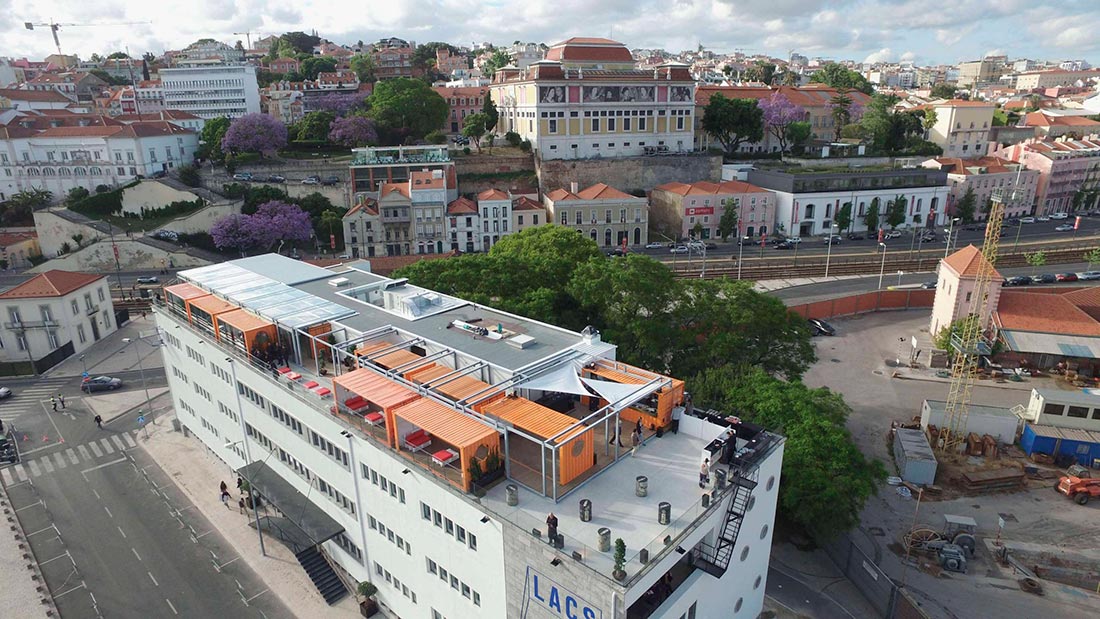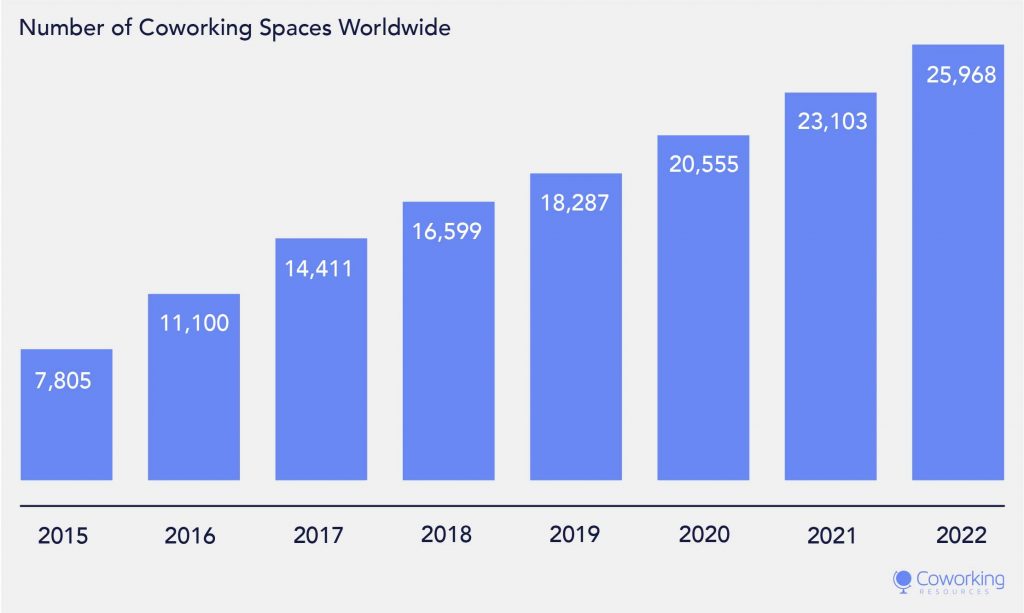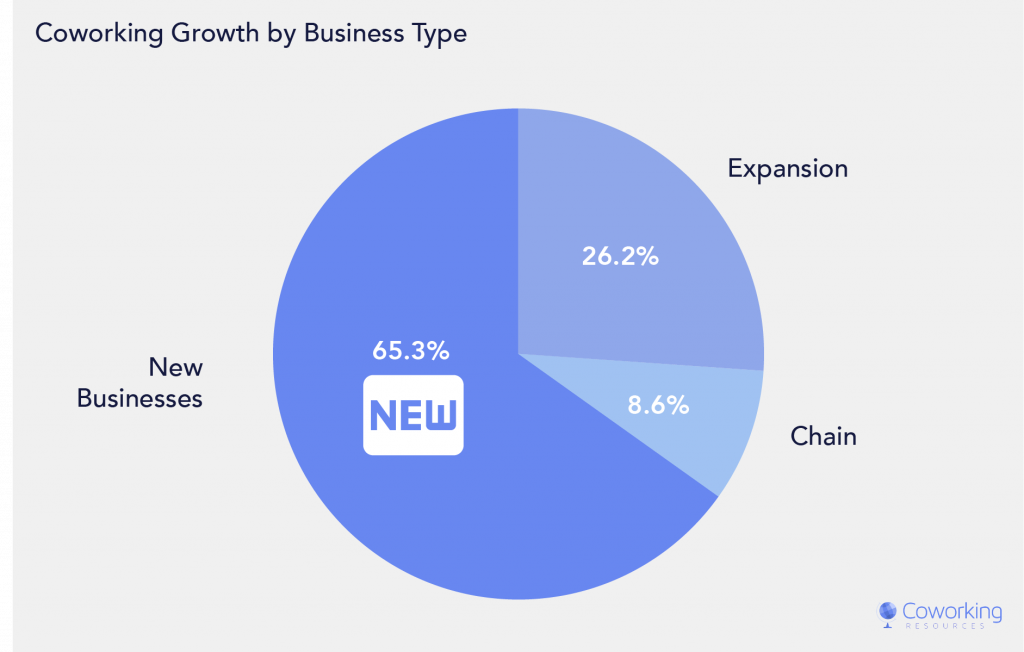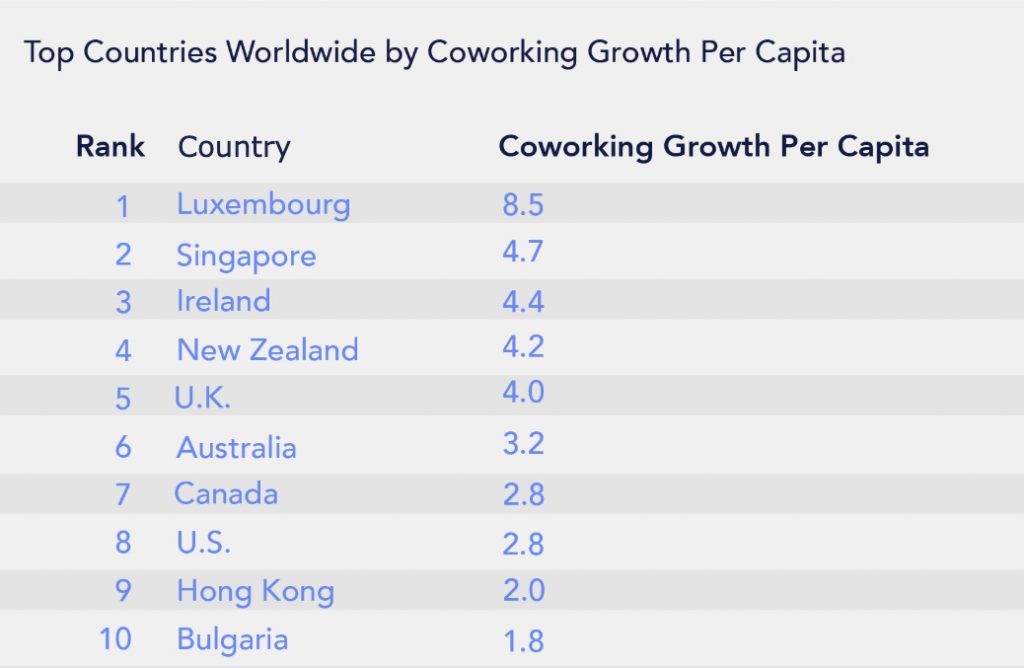The surge in shared office space in Lisbon is a genuine trend rather than a passing phase, says the CEO of LACS coworking initiative, who believes that an increase in supply would lead to higher demand.
"I think the boom in the coworking sector is not a fad. It's a trend as we've been seeing it for years," João Lopes Raimundo, who is also the co-founder of LACS, said in a recent exclusive interview with Via News.
LACS offers spaces and services to professionals working in creative industries ranging from design and fashion to architecture, music, and technology. It currently has coworking spaces in Conde d'Óbidos, Cascais, and Anjos but plans to expand to other parts of Portugal.
João said more and more corporations, including national companies, are transferring part of their activities to coworking spaces to inspire greater productivity and creativity.
"These days, the innovation departments of large companies are not typically on the same premises as their main offices because big companies are trying to have their innovation departments in places where their employees can think outside the box."
Having innovation departments close to smaller companies who are keen on identifying future trends can add value to large corporations, he added.

The CEO of LACS says creative professionals also prefer to not be stuck in an office building and find it more interesting to work where they can interact and share ideas with people in different industries while having their privacy.
He described the government's initiatives aimed at supporting startups and offering more shared spaces as an effort in the right direction that would contribute greatly to the national economy.
Portugal is an "attractive" place to live and work, he said, adding, "More people are coming to Lisbon, and of course they need flexible coworking spaces."
LACS co-founder maintains that the coworking sector is supply-driven so "if you have more offerings, demand will appear."
Global Industry
In a 2019 study, CoworkingResources—a publication that aims to provide comprehensive guides for coworking space owners—explored the projected growth of the coworking industry.
According to it, the number of coworking spaces worldwide is expected to soon cross 20,000 and reach 25,968 by 2022, an increase of 42% from 2019. This translates into an average increase of 2,595 new spaces every year since 2015.

"The industry continues to grow at a strong pace. While most of the industry growth can be attributed to new spaces, a large portion is owed to existing spaces diversifying their services or acquiring businesses, and expanding into smaller, niche markets that generally have stronger, more close-knit communities," the study noted.
Of the new spaces that open each year, brand-new businesses account for the majority of it at 65.3% while chains and second or more locations make up the remaining 34.7%, CoworkingResources found out.
"This means that while existing companies are thriving, the majority of the industry's growth still comes from firms, independent business owners, and entrepreneurs entering the market for the first time."

In the publication's analysis of the top 50 major countries with the highest density of coworking spaces compared to their population, Luxembourg, Singapore, and Ireland stand as the top three, with Luxembourg coming in first at 8.5 new spaces every year for every 1,000,000 inhabitants, almost double that of the other two.
"The UK ranks 5th, Australia 6th, and Canada registers a slightly higher growth than the US, ranking respectively 7th and 8th worldwide."
Citing market reports, Allwork.Space online news publication in 2019 estimated the global market value of flexible workspaces at around $26 billion.

Future Prospects for Lisbon
On how the coworking industry is expected to evolve in Lisbon, the CEO of LACS said he predicts a "growing demand" in this sector in the next few years.
João added that it is more affordable and convenient for companies to use shared spaces because they can easily accommodate their staff when their teams grow bigger. "So I think these flexible solutions are going to be the future."
He says coworking spaces are more "complementing" the existing company culture rather than "substituting" it.
Having innovation departments close to smaller companies who are keen on identifying future trends can add value to large corporations.
João Lopes Raimundo, CEO and co-founder of LACS coworking initiative
On the impact of the accelerating trend of digital nomadism and self-employment on the coworking industry, João said it is true that more people prefer to work from home these days but humans are social creatures.
"As they say, no man is an island. You still need to interact with people physically. So the physical contact is still very important, and I think in the future this market will keep on growing."
This is why even hotels are offering coworking spaces and the concept of co-living is becoming a more popular option, the co-founder of LACS said.

